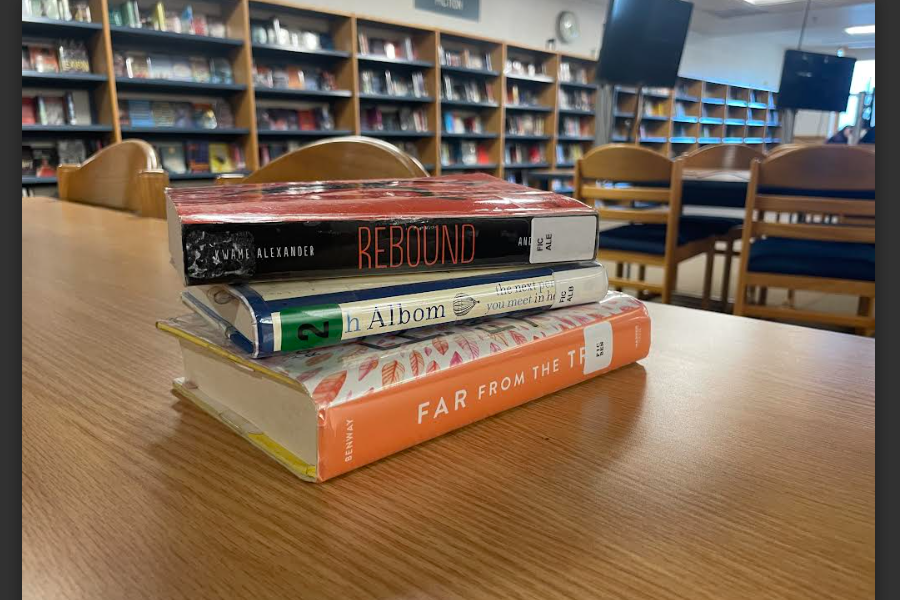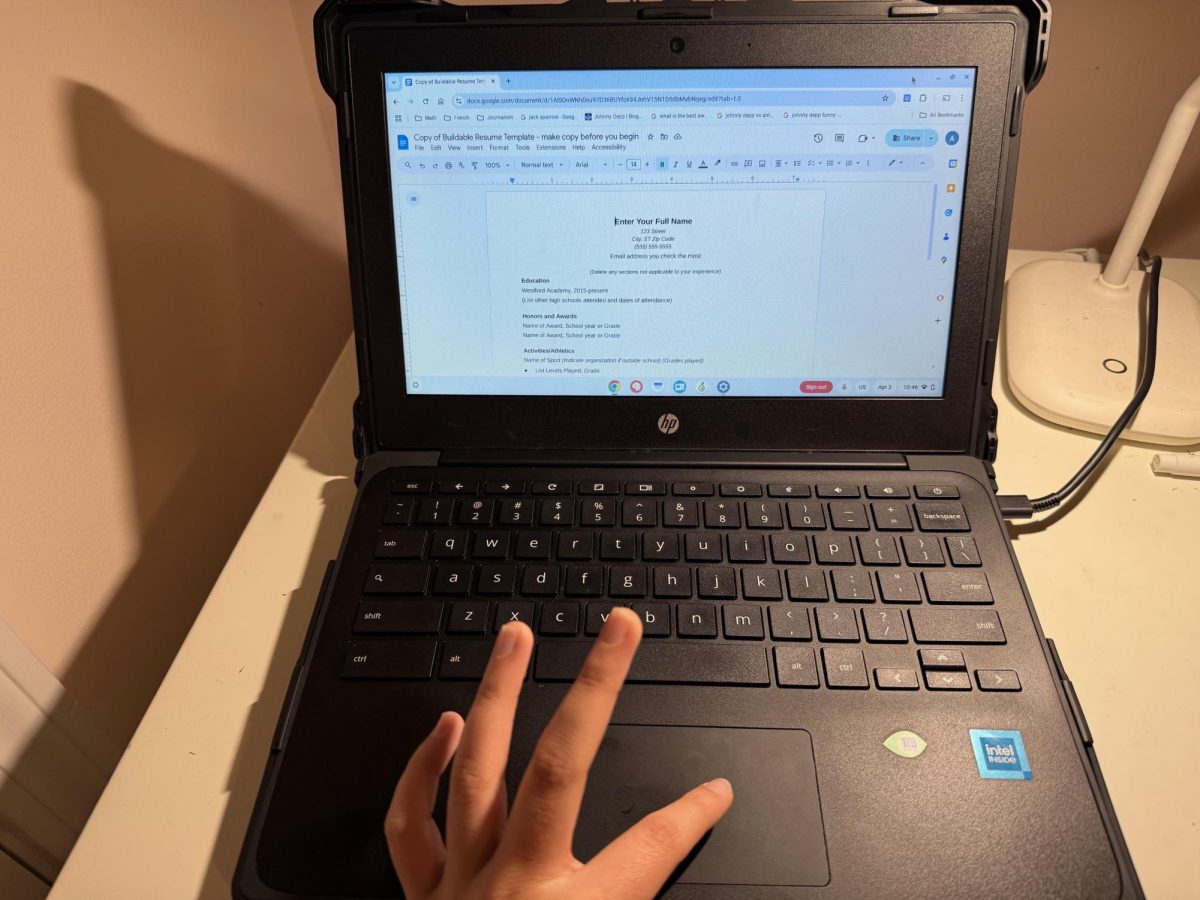By Kyle Auger
Sports Editor
& Ethan Walshe
Editor-in-Chief

For the second time this year, Westford Academy is looking to implement new student safety measures. A new program, called ALICE, is currently being discussed for introduction in the near future.
ALICE is a new brand of school security that is currently becoming commonplace in many schools nationwide in response to events like the Sandy Hook tragedy. Created by Greg Crane, a former member of the US army and an certified enforcement instructor, ALICE is all about giving options to those in dangerous school situations.
The program stresses moving beyond a traditional lockdown to give people options.The acronym stands for Alert, Lockdown, Inform, Counter, and Evacuate, which further strengthens the central tenant of the program.
Under ALICE, sharing information with students and faculty is paramount. For example, if a shooter is able to get into Westford Academy, it would be important to inform the faculty and student body of their whereabouts so that those not in direct danger could escape, or others could prepare themselves to counter attack.
According to dean Bob Ware, who attended an ALICE training conference at Reading High School in February with school resource officer Detective Justin Agraz and three other members of the Westford Police Department, WA hopes to integrate this new security to augment the existing lockdown procedures.
“This is something we want to just get better at. You work to improve, strive to improve in all facets of education, and when safety’s on the forefront, we take it seriously,” said Ware.
A main point of ALICE is that no longer will students and faculty be forced to sit in the corners of dark rooms, cowering like “sitting ducks” according to Ware. Instead, should the new security method be implemented, students and staff will be trained to barricade doors, escape should it be safe to do so and fight back in the event that, for example, a shooter were to make his or her way into the classroom.
During the May 1 professional development day, members of the WA faculty were given a presentation on the ALICE procedures and then endured a series of simulation drills to expose them to ALICE.
“It was a good two hour educational process for our teachers to do an active drill to really play the role of a student and [see] how we can better improve our school safety measures,” said Ware.
During these drills, physical education teacher Sean O’Leary played the role of a school shooter, substituting ping pong balls for bullets.
Teachers were grouped by department in different rooms throughout the first floor of the school. On the first run through of the safety drill, teachers prepared as though it were a traditional lockdown, undergoing the procedures that would be typically seen. If O’Leary was able to get into the classroom he would throw ping pong balls, and if a teacher was hit, it meant he or she was “shot”. Approximately half were “shot” on the first trial.
On the second run through, teachers used the ALICE procedures, barricading doors, fighting back and escaping from the school if it was safe to do so. A drastically smaller number of people were killed during this exercise, the numbers totaling less than five.
According to Agraz, the exercise showcased the effectiveness of the ALICE procedures. Teachers were impressed with the efficiency of the system.
“All the reviews I have gotten from teachers were excellent, I think the general consensus as I understand it is most teachers want more; they want more training, they want more information,” said Agraz.
Ware has stressed that there is not anything wrong with the current safety measures in place at WA, but there is constantly room for improvement. He is confident in the current safety measures but believes that ALICE would be a useful augmentation.
It should be noted however, that these new security procedures are far from implementation. ALICE must be presented to the school committee for approval and superintendent Bill Olsen must approve of the measures as well.
Such a presentation could potentially consist of an informational powerpoint, similar to one that was given to the faculty of WA prior to their drills on May 1, followed by further statistics about the effectiveness of ALICE and its potential use in the Westford Public School system.
Should ALICE become the norm for WA, both Agraz and Ware stressed the importance of training. Both faculty in all Westford Public Schools and students will need to be educated in the procedures so they may be prepared. According to Ware, such education can be in the form of presentations similar to the one given to the school committee and in drills during school hours.
Ware expressed a belief that the ALICE procedures will be implemented at WA in the near future.
“ALICE is not a mandate. ALICE is not a policy. It’s just giving people more choices in the event of a crisis,” said Ware, expressing that the school will not be complacent when it comes to improving school safety.






